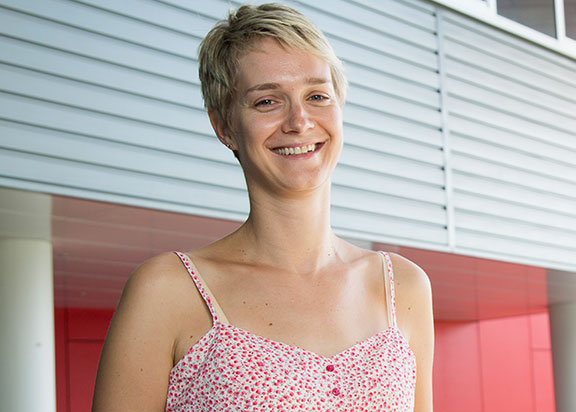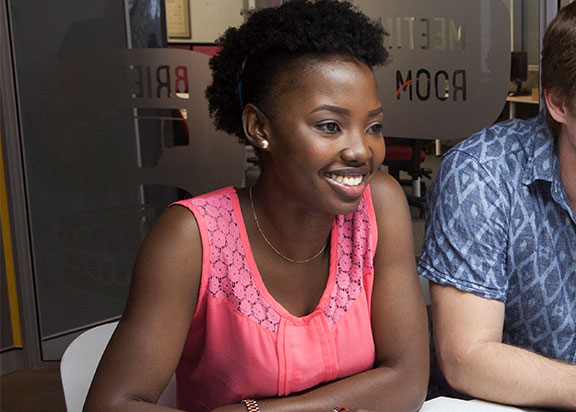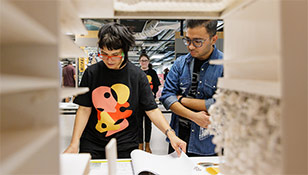When it comes to helping your teen with what to do next after high school, it’s easy to get overwhelmed with all the study requirements and institutional jargon that comes with the territory. In this article, you’ll learn how to help your teen find a career they love and explore what would make their career journey more meaningful and rewarding.
Encourage them to trust their inner voice
Students who know why they are at university are more likely to find the experience enriching and rewarding. In addition, a recent Gallup Survey found Generation Z felt happier and more motivated at school and work when they understood their purpose for being there.
You can start this conversation by identifying the subjects your teen enjoys doing at high school. MyFuture is an excellent resource to start exploring related career pathways. Just choose their favourite subject and start exploring the jobs they could do in the future.
If your teen has trouble identifying their favourite subject, you can delve into other areas of their lives. Encourage them to reflect on their interests outside of school, from their hobbies to their sport and recreation activities. Even discussing how they use their free time might give you some clues for potential courses and career paths.
Sometimes it’s easier to start with what your teen doesn’t enjoy and to work backwards until they find something they do care about. It doesn’t matter how these conversations get started—the goal is to help them think about their future and what gets them excited.
Remember to encourage your teen to trust in their abilities, strengths and aspirations, as they develop their plan.
Share your own experience
If your teen struggles with knowing where to start, it might be helpful to share your own career journey. Tell them about the work you do and the different life experiences that led you to where you are now. Don’t discount the impact your story could have on your teen, encourage them to ask questions and be prepared to explain the factors that influenced your decisions.
Bringing in other family members and friends into this discussion could also spark their curiosity for careers they may not have considered.
Finding the right study options
For this final step, it’s about bringing all the different pieces together to explore the different study options on offer at their university of choice.
For example, if your teen is practically minded, excels in engineering and math subjects and enjoys building things in video games like Minecraft or Roblox—STEM degrees might be an option. Possible careers include becoming an architect, city planner, software engineer, or even a games designer.
You might have a teen that enjoys sharing knowledge but wants to help others improve their overall wellbeing and has a strong sense of social justice. They might be inclined to explore nutrition, law, public health or psychology.
You’ll also find several useful links to career building resources in our Parent’s and guardian’s guide to uni article.
Focus on success and not perfection
While we want to encourage teens to think about their future, we don’t want to pressure them into thinking they need to have everything figured out. Reassure your teen that it is perfectly normal to change their mind about what they’re studying and want to switch degrees.
Changing degrees within the same university is straightforward and we have helpful advice on how to change degrees.
Deferring study for a gap year
If your teen is thinking about taking a gap year, it’s a good idea for them to apply for their preferred degree now and defer their studies once accepted. Waiting an entire year to apply can put your teen at a disadvantage such as competing against other post-school applicants with added qualifications and experience and missing out on valuable entry schemes like the Year 12 Early Offer Guarantee and beneficial adjustments that might increase their selection rank.














